Key Sections
Bitcoin’s recent price surge has reignited investor interest, sparking questions about its future trajectory. To shed light on this, Jay Steinback convened a panel discussion with Chris Kline (co-founder and CRO of Bitcoin IRA) and Michael McCarty (Chief Product Officer of Bitcoin IRA). This insightful conversation delves into the current state of Bitcoin, exploring the impact of newly approved Bitcoin Spot ETFs on the market, as well as the recent price surge and its implications. They delve into a compelling comparison between Bitcoin and gold as a store of value. This conversation goes beyond price movements, tackling the crucial question: is it more advantageous to invest directly in Bitcoin or explore alternative options like commodities and futures contracts?
A Tale of Two Weeks: ETFs and the Crypto Rollercoaster
The introduction of Bitcoin ETFs (Exchange-Traded Funds) promised a new era of stability and accessibility. However, reality unfolded differently. The launch coincided with a price dip, baffling both retail investors and seasoned traders. This episode highlights the inherent volatility of cryptocurrencies, where consensus is elusive, and sentiment can shift dramatically within days.
Two key points to consider about these investment vehicles are: limited trading flexibility and the lack of in-kind distribution. This means investors cannot directly access the underlying Bitcoin and may face restrictions on when they can trade. Chris K. offers an interesting analogy, comparing ETFs to putting “gas in a Tesla” – a technology already revolutionary on its own. The core value of Bitcoin, according to Chris, lies in its inherent nature, not necessarily its integration with traditional financial instruments.
Beyond Gold: A New Asset Class
In the ongoing debate between Bitcoin and gold, a clear generational divide emerges. Traditionalists like Chris K. value the physical presence and historical weight of gold. For them, there’s a sense of security and heritage associated with holding a tangible asset. However, Michael M. champions Bitcoin as the more fitting alternative for the digital age. Unlike government-controlled fiat currencies, Bitcoin offers a capped supply, ensuring scarcity, and boasts global accessibility, transcending borders and traditional financial institutions. This, coupled with the ever-increasing importance of the digital world, positions Bitcoin as a potential cornerstone for the future of value exchange, a native asset for a world increasingly reliant on digital interactions.
Narratives: The Invisible Hand of the Market
The discussion underscores the power of narratives in shaping market behavior. The anticipation surrounding the halving and the emergence of ETFs create a rallying point for investors, influencing their decisions and driving market movements. As Michael M. points out, these narratives are constantly evolving, shaping expectations and ultimately dictating market dynamics.
Chris highlights the potential integration of Bitcoin into traditional retirement accounts, marking a significant step towards legitimizing cryptocurrency as a viable asset class. This not only broadens access for individual investors but also paves the way for a secure and regulated framework for cryptocurrency investment.
Beyond Bitcoin: Exploring Commodities and Futures for Alternative Investments
Intrigued by the conversation about Bitcoin, gold, and ETFs, you might wonder: which path is best for investors? Let’s delve into commodities and futures, alternative investment options offering unique advantages.
Commodities are physical goods like gold, traded on contracts for future delivery. They’re often seen as a hedge against inflation because their value tends to rise when the purchasing power of cash declines. Imagine gold – its inherent worth remains relatively stable, making it a potential shield against inflation. On the other hand, futures contracts are agreements to buy or sell an asset at a predetermined price on a specific future date.
There are several ways to participate in this market. You can directly trade on commodity exchanges; you can invest in futures contracts through brokers or you can use an exchange-traded fund (ETF) that tracks commodity indexes offering a diversified and lower-risk way to gain exposure to this asset class.
Pros and Cons of investing directly in Bitcoin vs investing in commodities and futures.
Bitcoin
Pros:
- High growth potential: Bitcoin has a history of explosive price growth, potentially offering high returns.
- Decentralized: Not controlled by any government or institution, offering independence.
- Transparency: Transactions are publicly recorded on the blockchain, promoting trust.
- Scarcity: Limited supply (only 21 million Bitcoins can be mined) could drive value.
Cons:
- Volatility: This can be a pro or a con, since Bitcoin’s price can fluctuate wildly, leading to significant gains or losses.
- Limited use: Still not completely accepted as a form of payment.
Commodities & Futures
Pros:
- Tangible assets: Commodities represent real-world goods like gold, offering a hedge against inflation.
- Leverage: Futures contracts allow using leverage to magnify potential gains (and losses).
Cons:
- Lower potential returns: Compared to Bitcoin, commodities may offer more modest growth.
- Storage costs: Owning physical commodities can incur storage and maintenance fees.
- Futures complexity: Futures trading involves margin requirements and carries high risks for beginners.
Choosing your investment path:
When deciding between investing in Bitcoin or commodities and futures, is important to consider:
- Investment Goals: Are you seeking high potential returns or protection against inflation? Bitcoin might suit the former, commodities the latter.
- Investment Knowledge: Futures contracts involve complexities that require a strong understanding of derivatives markets.
Final Words
The conversation between Bitcoin and traditional assets like commodities and futures highlights the ever-changing landscape of investment options. Bitcoin, with its disruptive potential and volatile nature, presents a unique proposition. Commodities and futures, on the other hand, offer established structures.
Ultimately, the best path depends on your individual circumstances. Do you seek high returns or a hedge against inflation? Bitcoin might fit the former, while commodities and futures excel at the latter. A well-rounded portfolio can incorporate elements of both worlds. Bitcoin can offer a growth opportunity, while commodities and futures provide stability and inflation protection. Remember, stay informed, understand your risk tolerance, and carefully choose investment vehicles that align with your financial goals.
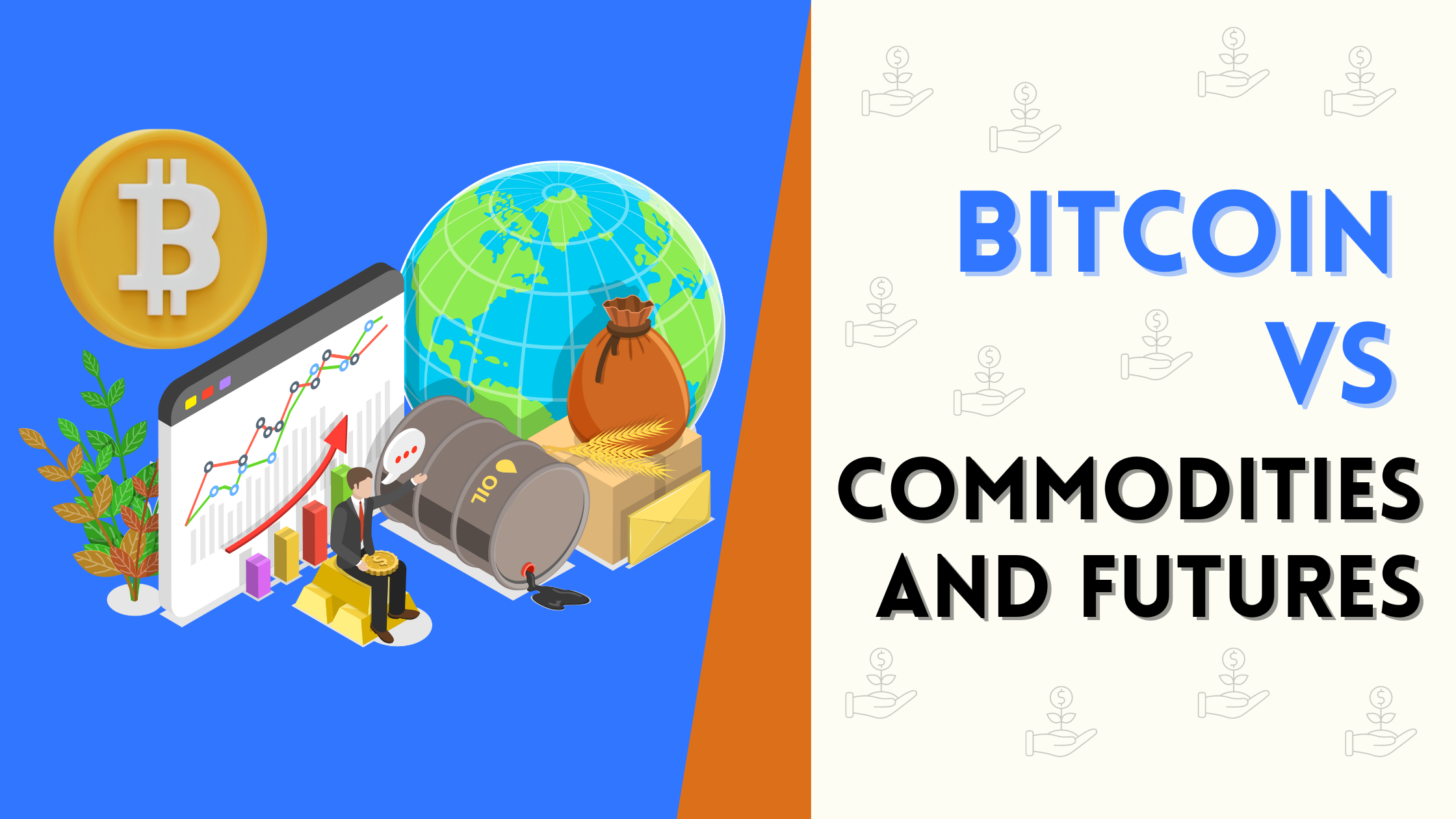

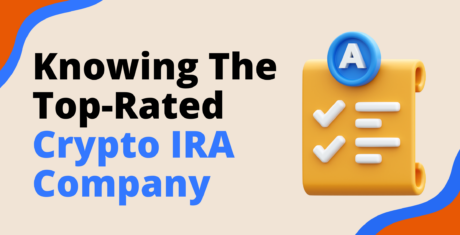
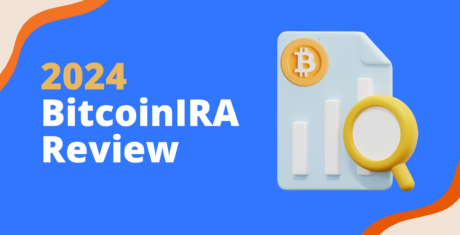
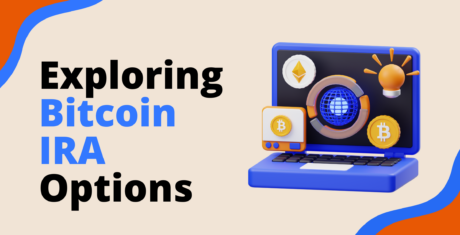
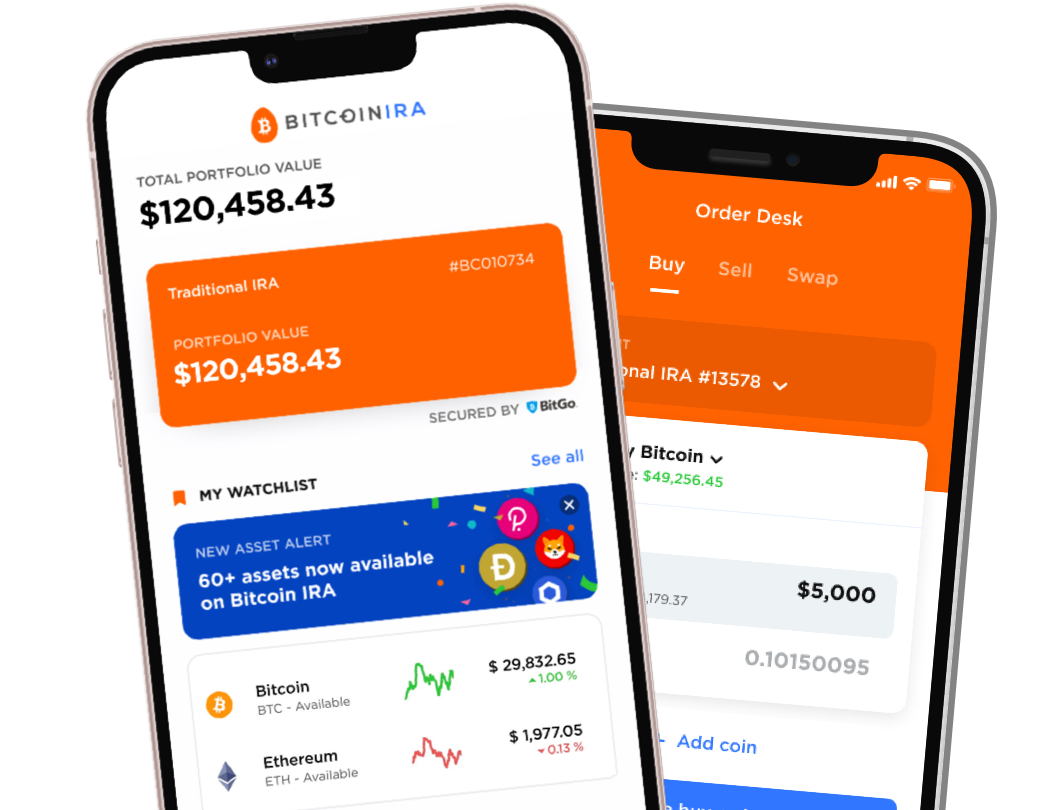

 3,500+ 5-Star Reviews
3,500+ 5-Star Reviews